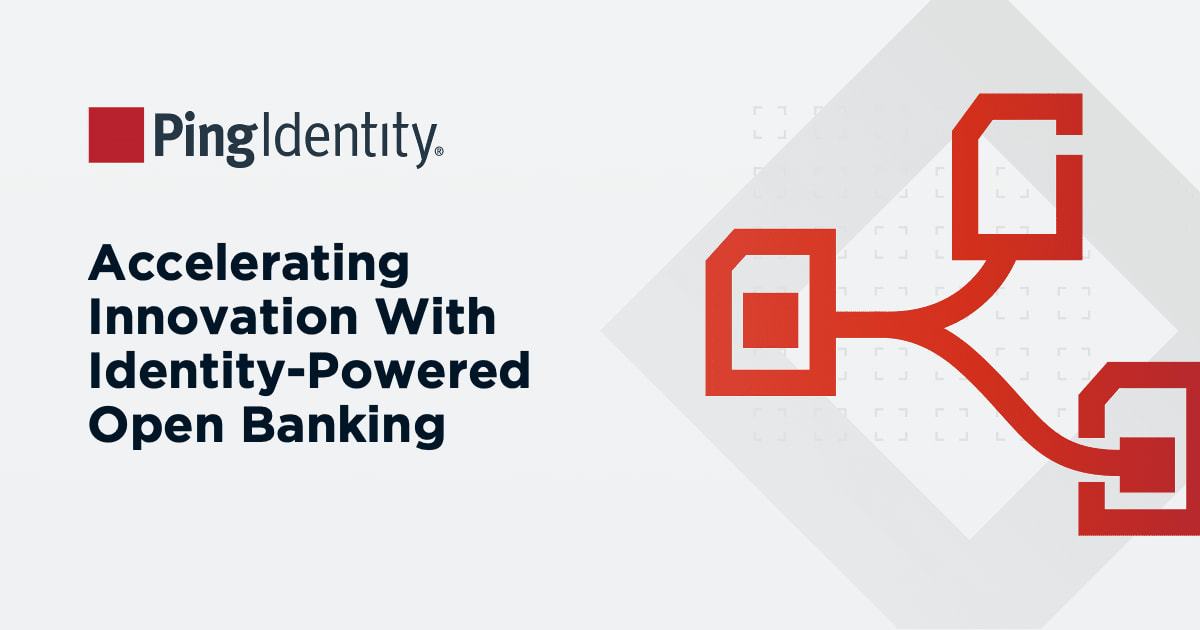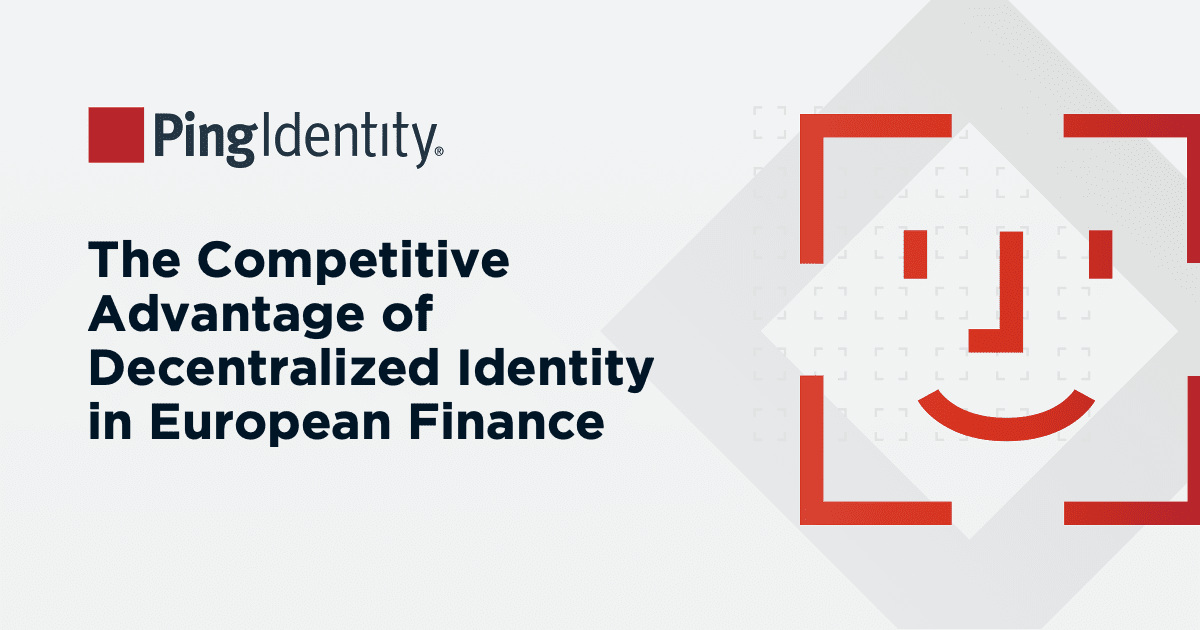Headquartered in Boise, Idaho, and founded in 2004, Boise Cascade Company manufactures wood products and distributes building materials in the United States and Canada. It operates in two segments: wood products and building materials distribution, generating over $4.4B in revenue in 2017. Driving this success are over 100 internal and customer-facing applications authenticated with LDAP across the U.S. and Canada, supporting over 8,000 internal and 1,500 external users.
A few years back, with Oracle Directory Server Enterprise Edition (DSEE) and Microsoft Active Directory (AD) in place for directory services, the company had spun off their IT folks to another company. Wanting to keep AD as the master record database, but having inherited this environment without any DSEE expertise, the IT team learned quickly that using Identity Synchronization for Windows to pull AD identities over to DSEE was far from seamless, requiring constant resyncs. User passwords would get out of sync with the primary AD account while authenticating with LDAP, and this would generate an onslaught of password reset requests.
Ben Hale, Infrastructure Manager for Boise Cascade, explains that when they began exploring their upgrade options, they first looked to Oracle as the incumbent vendor with the assumption that this would be the path of least resistance. After investigating the complexity and cost of a move from Oracle DSEE 11g to Oracle Unified Directory 12c, they learned that sticking with Oracle was no simpler than migrating to an entirely new vendor. So they started looking to other enterprise-proven directory solutions.
After scanning the industry for the right directory solutions, the team at Boise Cascade looked to Ping Identity. Ping’s strong track record of successful migrations from DSEE, combined with its attractive cost of ownership and ease of application management made it a natural choice. The flexibility of PingDirectory made it easy for Ben and his team to stand up clusters in other data centers and enable a cloud presence, without requiring a significant additional investment in a partner to set up additional nodes.
Since migrating in May 2018, Boise Cascade has eliminated upwards of 90% of password reset requests by synchronizing passwords using PingDirectory’s pass-through authentication plug-in. If a password fails in PingDirectory but works in AD, the plug-in updates the password in PingDirectory. Hale explains, “Oracle would try to capture the password, but sometimes those password changes were missed, and PingDirectory just does it better.”
The team has realized other benefits, too, including:
- Hands-off operation—in Hale’s words, “It just works, so there’s no need to intervene.”
- Quick recovery during an outage or disaster recovery scenario.
- Constructive mapping between AD and PingDirectory.
Everything is still on-prem for now, so they’re maintaining a hybrid environment with an eye to the cloud in the future. Hale says their next steps will be to stand up a PingDirectory cluster in AWS to support some of their future cloud-based applications so they don’t have to point down to an on-premises directory service.


